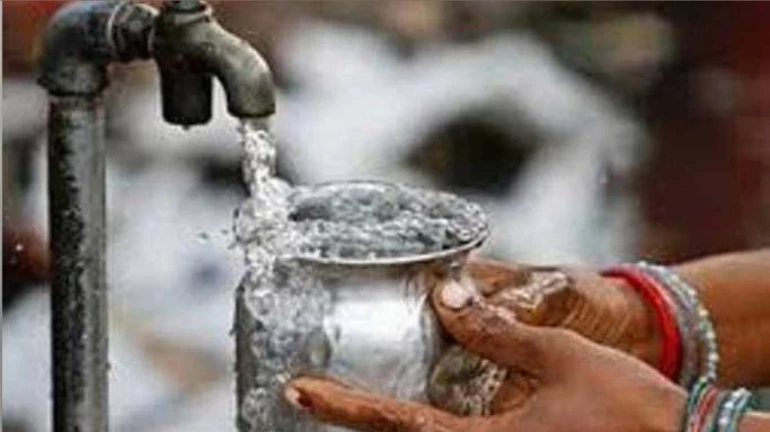
According to the report released by the central government, one of the aims of development in India, for Prime Minister Narendra Modi, is to make provision of tap water connection in every rural household across the country. With a focus to expedite the implementation of Jal Jeevan Mission in Maharashtra, the central government, on Saturday, December 4, 2021, released a sum of INR 1,666.64 crore to the State.
Reports state that a central fund of INR 7,064.41 crore has been allocated to the state for 2021-22 for the implementation of Jal Jeevan Mission, which is nearly four times the allocation for 2020-21. Data suggests that there are 142.36 lakh rural households in Maharashtra, out of which 96.46 lakh households, i.e., over 67 per cent have tap water connection.
In 2021-22, the state plans to provide tap water connections to 27.45 lakh households. Meanwhile, the top priority is accorded by the Union Government to Jal Jeevan Mission as evidenced by the massive increase in budgetary allocation to INR 92,309 Crore in 2021-22, from INR 23,022 Crore in the preceding year.
Furthermore, in 2021-22, INR 2,584 crore has been allocated to Maharashtra as 15th Finance Commission grant for water & sanitation to Rural Local Bodies/ PRIs and there is an assured funding of INR 13,628 Crore for the next five years, i.e. up to 2025-26 to the rural local bodies
Maharashtra has planned to build the capacity of 2.74 lakh stakeholders which includes government officials, ISAs, engineers, village water and sanitation committee, surveillance committee and Panchayat members. Nearly 4.15 lakh people in the State will be trained under skill training programme. Skilling of local people will be ensured to work as mason, plumber, fitter, electrician and pump operator. Such initiative of providing employment in the villages under skilled and semi-skilled sections will provide income generating opportunities in villages.
With focus on public health, more than 2,000 water quality testing laboratories in the country have been opened to general public so that they can get their water samples tested whenever they so desire at a nominal cost. Maharashtra has 177 water testing laboratories. Efforts are made to ensure tap water availability for drinking, cooking mid-day meal, washing hands and usage in toilets in all schools and anganwadi centres. As on date, 72,032 schools (84 per cent) and 73,377 (80 per cent) AWCs in Maharashtra have been provided with tap water supply.
Jal Jeevan Mission is implemented in a decentralized manner following the ‘bottom-up’ approach, wherein the local village community plays a key role starting from planning to implementation and from management to operation & maintenance. For this, the State undertakes activities like strengthening the Pani Samiti and developing Village Action Plan as well as approving the same in the Gram Sabha, wherein the community deliberates on water supply schemes to be implemented for them.
The programme encourages participation by women in these discussions as they are the primary water managers in any household. Implementing Support Agencies (ISAs) are engaged by the department to create awareness in public about the mission, sensitize them about importance of safe water, engage with the community and extend support to the Panchayati Raj institution for implementation of the programme.





